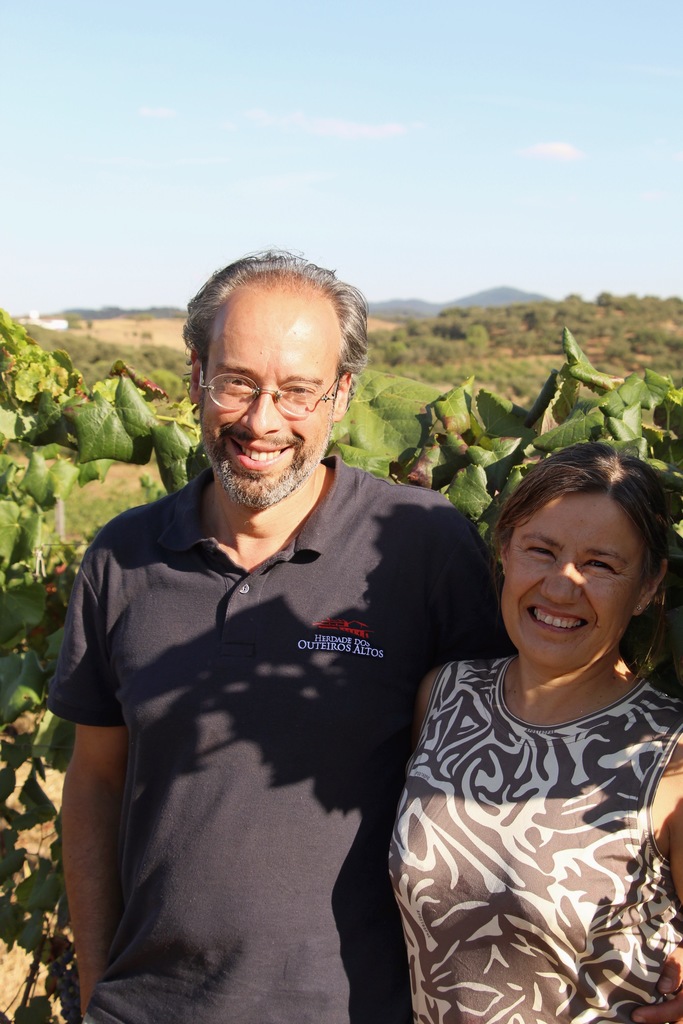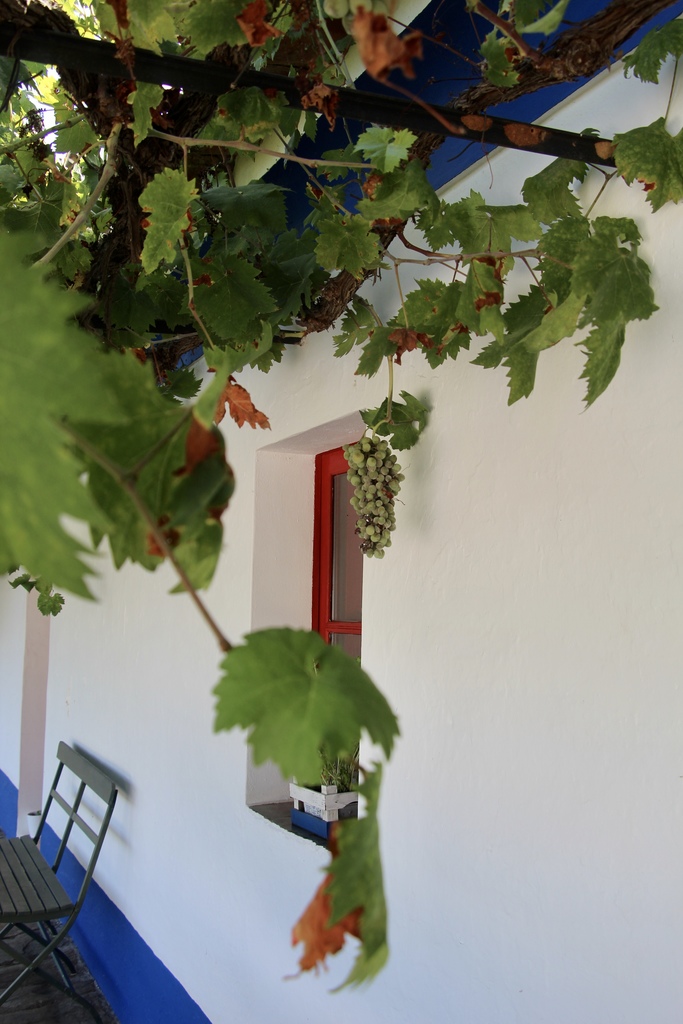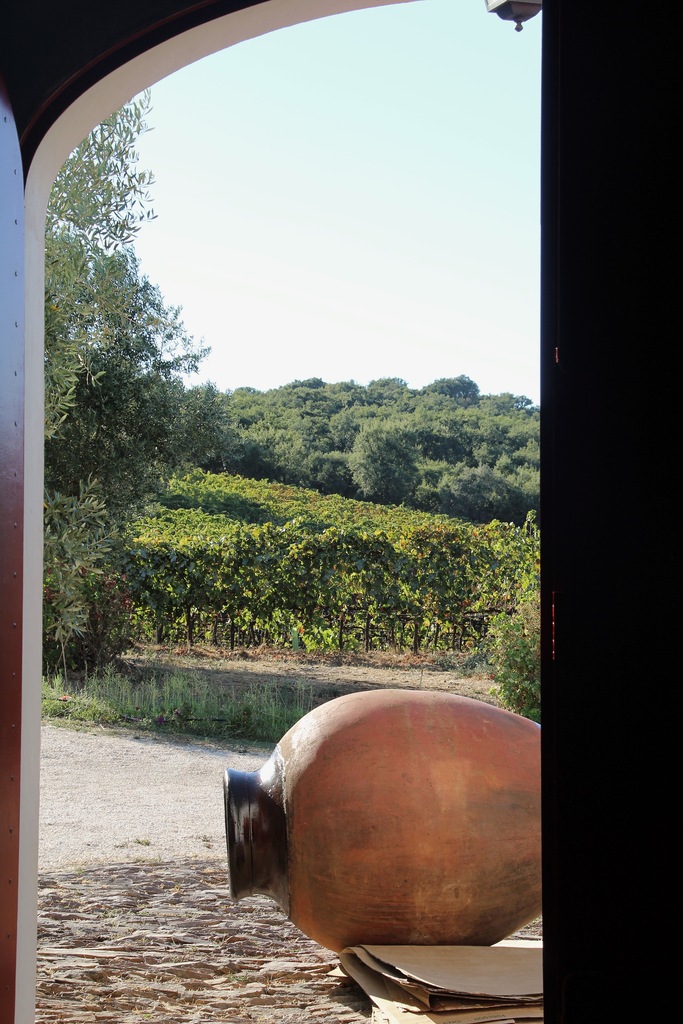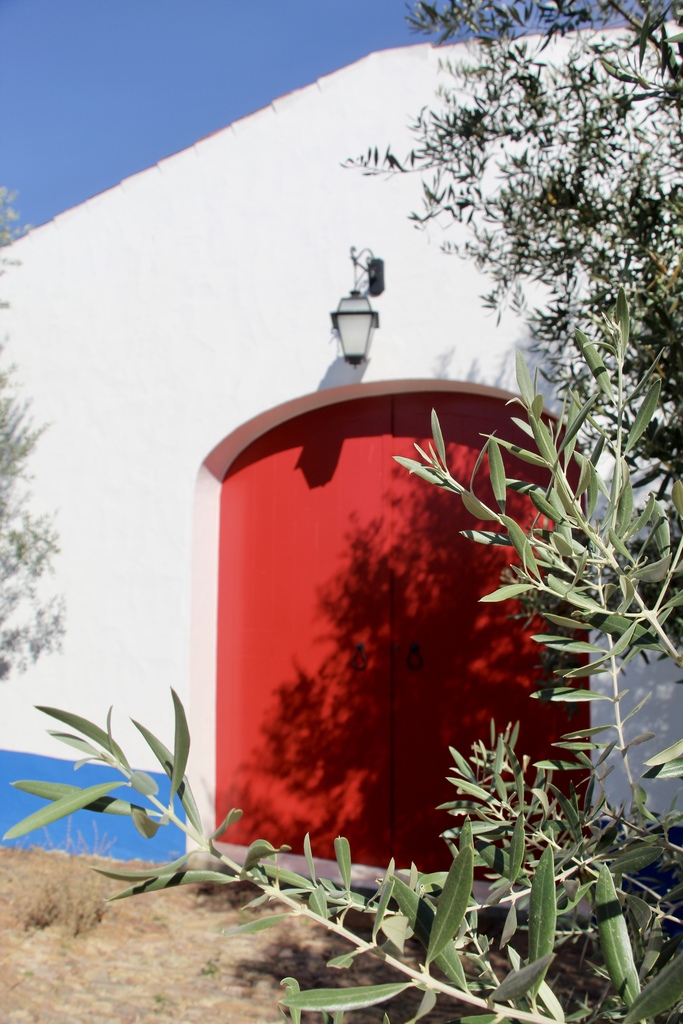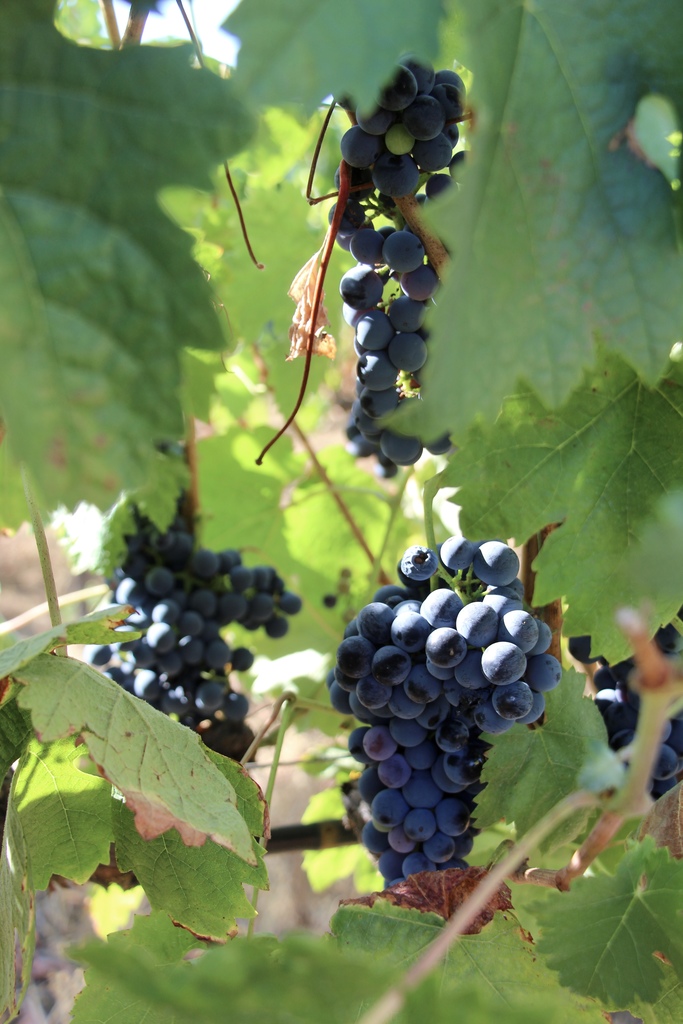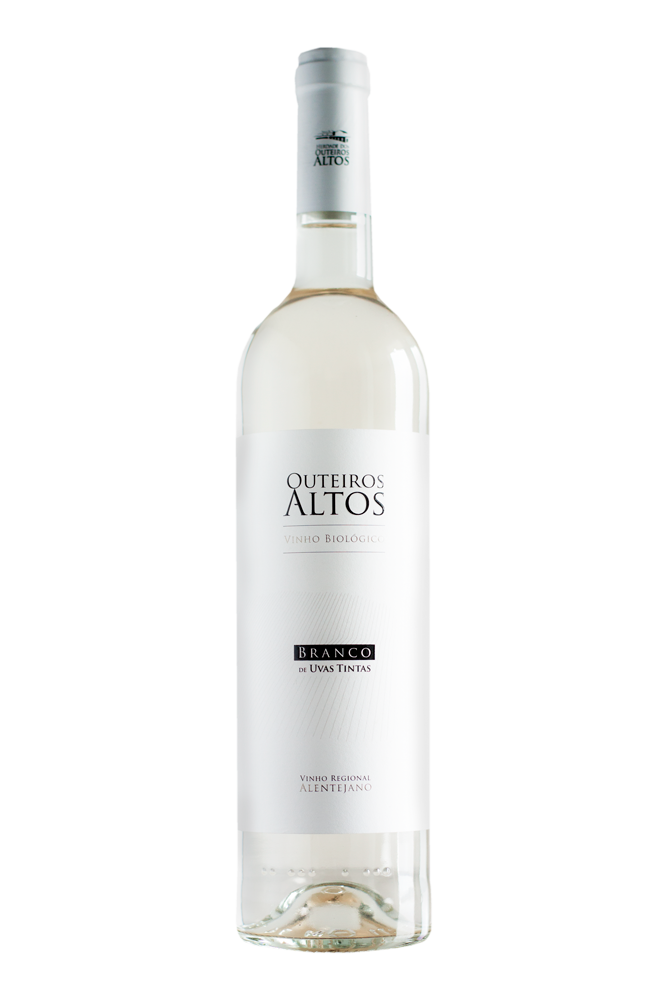Go Local: Herdade dos Outeiros Altos
At the age of 28, Jorge and Fernanda escaped the bustle of Portugal’s capital city and embarked on a hunt for a humble Alentejo abode with one intention, that the land offered the potential to produce dynamic wines.
It is all in the soil, great terroir (conditions required for growing grapes) does not grow from trees but beneath the ground, (although on some occasions fauna and flora does help!) With a background in agricultural engineering, they inspected the minerality of every square metre of soil, measured the elevation on every rising slope and considered the microclimate within every nook and corner of Estremoz, a DOC (denomination origin area, meaning wine-producing region) in Alentejo.
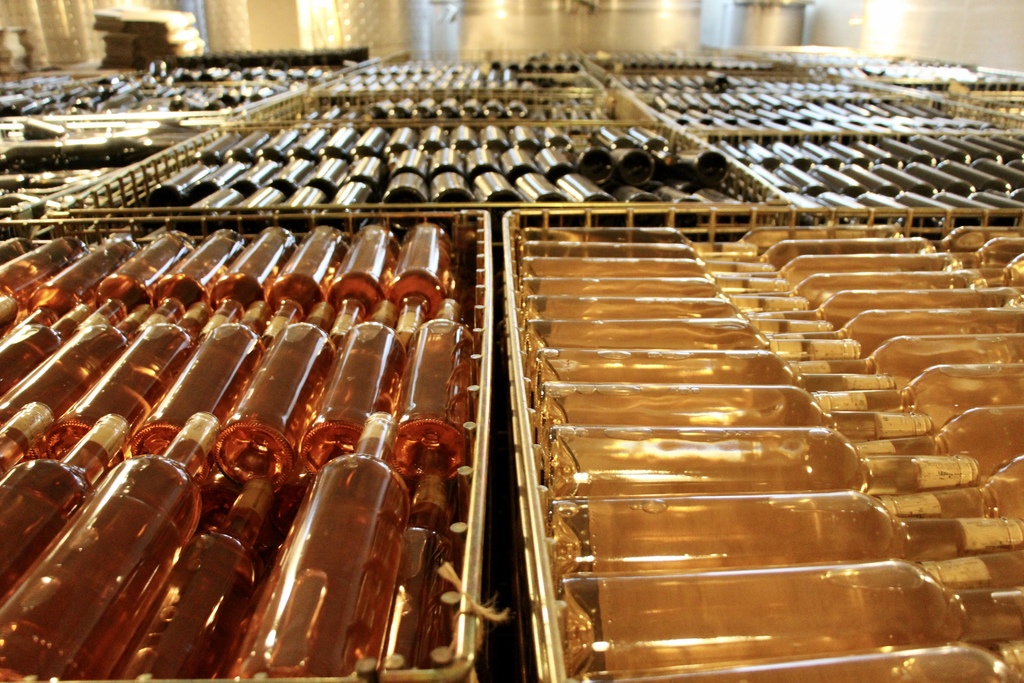
As a result, they stumbled across a small white house hidden within a sloped valley at the base of the Serra D’Ossa mountains, ten minutes away from Estremoz a town close to the border of Spain, close enough to visit the market each day to pick up fresh sardines to pair with their delicious Alentejano rose.
Winemaking is a marathon, not a race, and with a strong drive to tackle their production with a completely organic approach Jorge and Fernanda found themselves at the start of an ultra. But they had the perfect soil and microclimate all within a wine-producing region and so decided to embark on the long and challenging race. They planted a small but well-tailored selection of Portuguese grape varieties (there are over 200 in Portugal) with one mission in mind, to produce the first Organic DOC region Alentejo wine.
Herdade dos Outeiros focus on the versatility and dexterity of the grape, meaning the taste comes from the grape VS aging afterward and they do this using traditional fermentation methods in Talha pots (traditional clay vessels dating back to the Roman era). Each is hand-crafted with a history and Jorge, one of the Herdade dos Outeiros Altos duo is able to tell the story of each one. Every bottle of wine is created using natural processes and by taking advantage of the biodiversity of the land. With a production of no more than 17,000 bottles per year, each bottle is labelled by number, clearly highlighting the attention to detail that goes into every single drop of wine.
“Wine is like making perfume, you decide on the wines in the field, wandering through the vines and tasting each grape, testing the variety of aromas as they differ from each area.”
Their product line is extensive given the small variety of grapes that grow on the field. Jorge refers to his unoaked wines as having ‘no make-up, no barrels, no nothing, just the grapes that grow on the fields.’ Their wines have an effortless balance and clear clarity of expression meaning the taste is just right and makes perfect sense on the palette, highlighting the sheer versatility of grapes that grow on their vines.
Epic had the chance to taste their white wine made from red grapes. The Branco de Uvas Tintas has an almost crystal clear appearance (which was surprising considering its origins come from red grapes) and a subtle herbaceous initial aroma on the nose. Its taste, however, offered an almost completely different experience with aromatic flavors of fresh apricot, mint, and citric fruits on the palate and a long-lasting finish. The longer the wine was left out to breathe and ‘oxidize’ in the air, the further these flavors intensified. Letting wines ‘breathe’ is typically associated with red wines, as exposure to oxygen allows the tannins present in red wines to settle and smooth out. Typically with a white, little difference is made, but in the case of this wine, it made all the difference.
The wine was produced using two native red Portuguese grape varieties, Alfrocheiro and Aragonez ( commonly referred to as Tempranillo outside of Portugal).
The fermentation process in winemaking turns grape juice into an alcoholic beverage. A key differentiating factor with the Herdade Dos Outeiros Altos wines is letting them ferment in the Talhas. Despite using a centuries-old tradition, Jorge and Fernanda have modified their techniques in order to keep the process completely natural and wild. The Talhas are coated in a pine and beeswax seal to align with organic practices and instead of sealing the top of the Talhas in olive oil (a method used in Roman times to prevent over-oxidizing of the wines which can cause it to go vinegary) they are left to flourish organically, covered only occasionally with a light cloth, so as not to hinder the process.
“Organic means you have to think differently, it’s an unconventional approach highly neglected in more research at Portuguese universities, you have to be two steps ahead of the game, always anticipating with a proactive approach to winemaking.”
Why organic you might ask? Aside from the scientific evidence that it does in fact taste better, the importance always comes back to their passion for the preservation of the land…
“Look around you, why would you want to destroy this? Leaving this land as it should be, it’s the best legacy I can offer to my daughter.”
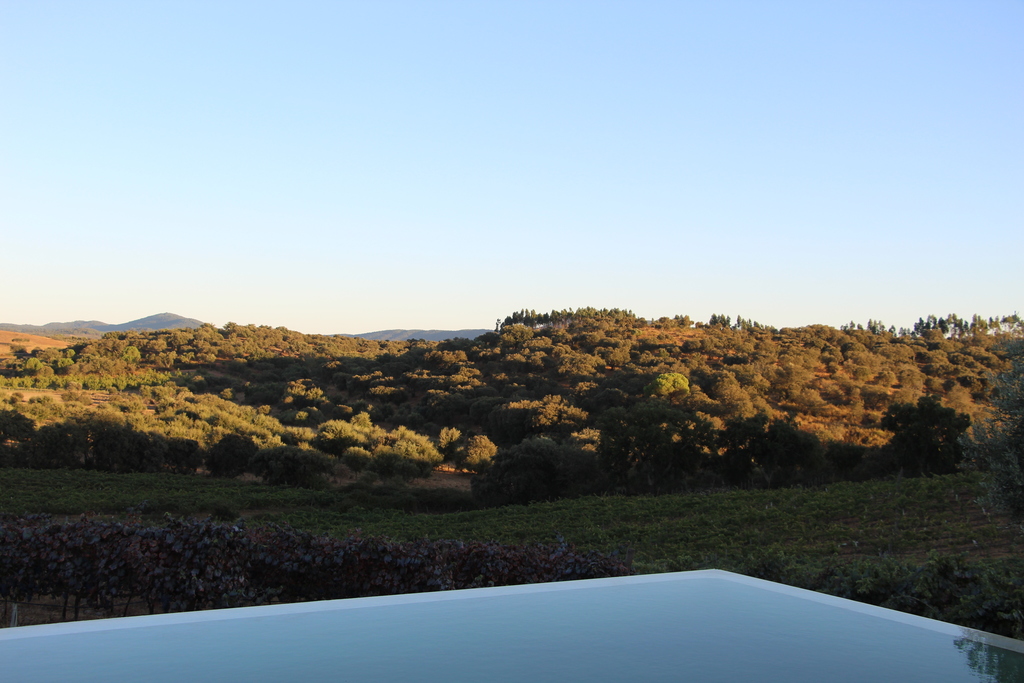
If you’re interested in purchasing Jorge and Fernanda’s wines, it’s possible to do so by emailing Jorge and Fernanda directly through their website or through the real Portuguese wines platform who sell a wide variety of natural and organic wines hailing from Portugal alongside the Herdade dos Outeiros Altos collection.
The epic under the skin itinerary focuses on the country explored through the eyes of its affable locals. If you’re interested in creating a tailored trip with focused visits to producers like Jorge and Fernanda, get in touch with us at info@epic.travel or fill out our contact form.
